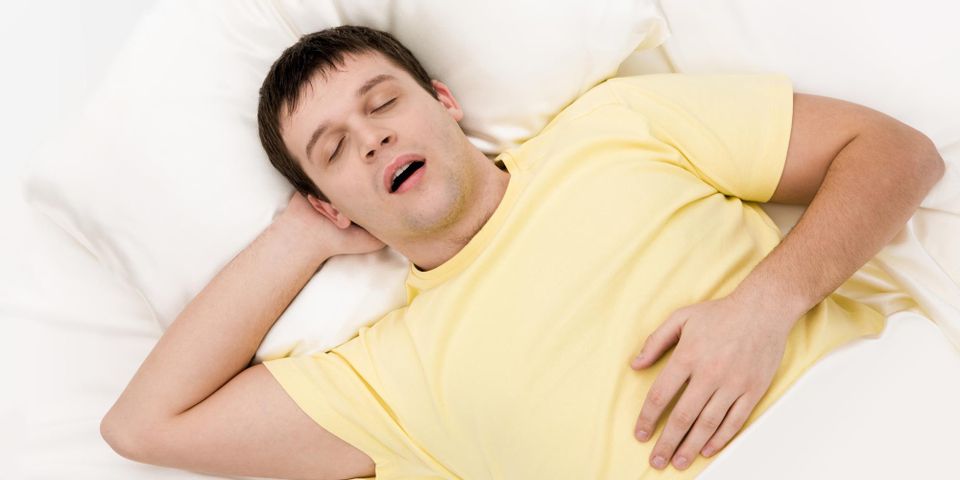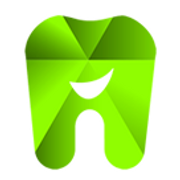
When you hit the hay, you might think that brushing and flossing are enough to keep your smile in good shape as you sleep. But for many people, getting some shut-eye often means snoring through the night—a problem that is associated with a few significant oral health issues. The good news is that if you want to avoid surprises at your next dental exam, there are many ways you can put snoring to bed. To help you breathe easier as you sleep, here’s what you should know about this common issue and its impact on dental health.
What to Know About Snoring & Oral Health
What Causes Snoring?
Snoring occurs when air is unable to pass freely through the nasal and oral cavities as you sleep. In some cases, this issue is related to a temporary problem that blocks proper breathing—such as having congestion due to a cold.
However, snoring is often connected to a more serious concern known as obstructive sleep apnea. This chronic health problem occurs when tissues in the airway relax too much during rest, preventing air from flowing through as it should. Over time, the lack of oxygen can contribute to periodic restlessness, daytime fatigue, poor heart health, and weight gain.
How Does Snoring Affect the Mouth?
 Snoring typically causes individuals to sleep with their mouths open, which allows more air to pass through and dry out the oral cavity. In addition to being uncomfortable, dry mouth is also the perfect environment for oral bacteria to thrive. If not addressed, these bacteria can contribute to cavities and periodontal disease—two problems that will require treatment at your next dental exam.
Snoring typically causes individuals to sleep with their mouths open, which allows more air to pass through and dry out the oral cavity. In addition to being uncomfortable, dry mouth is also the perfect environment for oral bacteria to thrive. If not addressed, these bacteria can contribute to cavities and periodontal disease—two problems that will require treatment at your next dental exam.
Having sleep apnea can also increase your risk for bruxism—a term used to describe nighttime teeth grinding. When left untreated, bruxism may lead to dental sensitivity, jaw soreness, and physical tooth damage.
What Are Effective Ways to Stop Snoring?
Often, the best way to stop snoring is to treat the underlying problem. Congestion that’s related to allergies and sinus infections, for instance, usually requires treatment from a doctor. Sleep apnea, on the other hand, can sometimes be treated through healthy weight management and use of a CPAP breathing machine. At your next dental exam, you might also ask your dentist about oral appliances that can help protect your teeth and keep your airways open as you sleep.
Under the care of Rachel E. Gold, D.M.D. at Total Health Dentistry, caring for both your smile and your sleep quality is a simple and stress-free experience. Focused on treating the whole patient, Dr. Gold is well-versed in how other conditions can impact your oral health—including that of sleep apnea. Whether you need a mouth guard to correct bruxism or need to relieve chronic dry mouth, this Cold Spring, KY dentist will introduce you to the best solutions to restore and protect your teeth and gums. To learn more about Dr. Gold’s services, visit her clinic online. If you’d like to schedule a convenient dental exam, call (859) 441-1230.
About the Business
Have a question? Ask the experts!
Send your question

